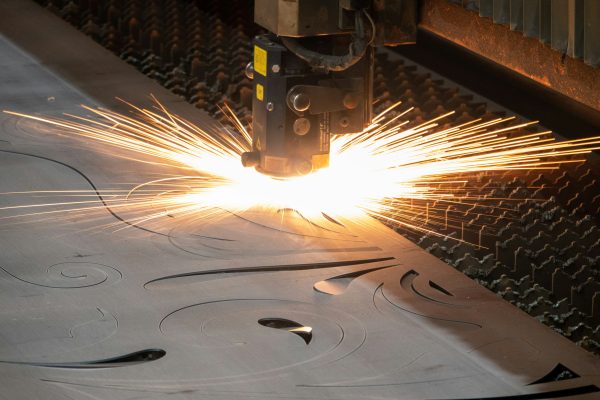How to Evaluate Siding Manufacturers
Introduction to siding manufacturers Choosing the right siding for your home is more than just…
Introduction to siding manufacturers Choosing the right siding for your home is more than just picking a color or style. It’s about finding the perfect siding manufacturer that aligns with your vision and meets your needs. With countless options available, it can feel overwhelming to navigate through the maze of choices. From appearance to durability,…
Introduction to Electronics Manufacturing In the fast-paced world of technology, choosing the right electronics manufacturer is crucial. Whether you’re a startup or an established business, the quality and reliability of your products depend heavily on your manufacturing partner. With countless options available, how do you sift through them all? Understanding what makes a good electronics…

Choosing the right clothing manufacturer can feel like navigating a maze. With so many options available, it’s easy to get lost in the process. Yet, making this crucial decision is essential for anyone looking to launch or expand their fashion line. The wrong choice could lead to delays, quality issues, and even financial loss. On…

Introduction to Printed Circuit Boards (PCBs) Printed circuit boards (PCBs) are the unsung heroes of modern electronics. They serve as the backbone for a wide array of devices, from smartphones to sophisticated medical equipment. Without them, our technological world would come to a standstill. But have you ever wondered how these intricate components are crafted?…
Introduction to the Importance of Glass Glass is an essential material in our modern world, shaping everything from architecture to everyday household items. Its versatility and aesthetic appeal make it a popular choice for both functional and decorative purposes. Whether you’re considering new windows for your home, stylish glassware for entertaining, or sturdy materials for…

Additive manufacturing, often known as 3D printing, is transforming the way we think about production and design. Imagine creating complex objects layer by layer from digital files. It sounds like science fiction, but this technology is very much a part of our reality today. From prototypes to end-use products, additive manufacturing offers unparalleled flexibility and…

Introduction to Steel Wire and its Uses Steel wire plays a crucial role in our everyday lives, often lurking behind the scenes yet providing essential support across numerous applications. From construction and automotive industries to telecommunications and agriculture, steel wire is a key component that helps everything function smoothly. Its strength, durability, and versatility make…
Introduction to Medical Wires When it comes to the medical industry, precision and reliability are paramount. One of the often-overlooked components that play a critical role in various medical devices is medical wires. These versatile elements can be found in surgical instruments, diagnostic equipment, and implantable devices, making their quality essential for patient safety and…

Introduction to LPG LPG, or liquefied petroleum gas, is a versatile energy source that powers homes, businesses, and vehicles worldwide. Its clean-burning properties make it an attractive alternative to other fossil fuels. But have you ever wondered how this valuable resource is manufactured? The LPG manufacturing process involves several intricate steps that transform raw materials…
Tablet manufacturing is a fascinating blend of science and art, transforming raw materials into life-changing medications. In a world where convenience meets efficiency, tablets have become the preferred choice for patients and healthcare providers alike. But what goes on behind the scenes to create these small yet powerful doses? From selecting the right ingredients to…